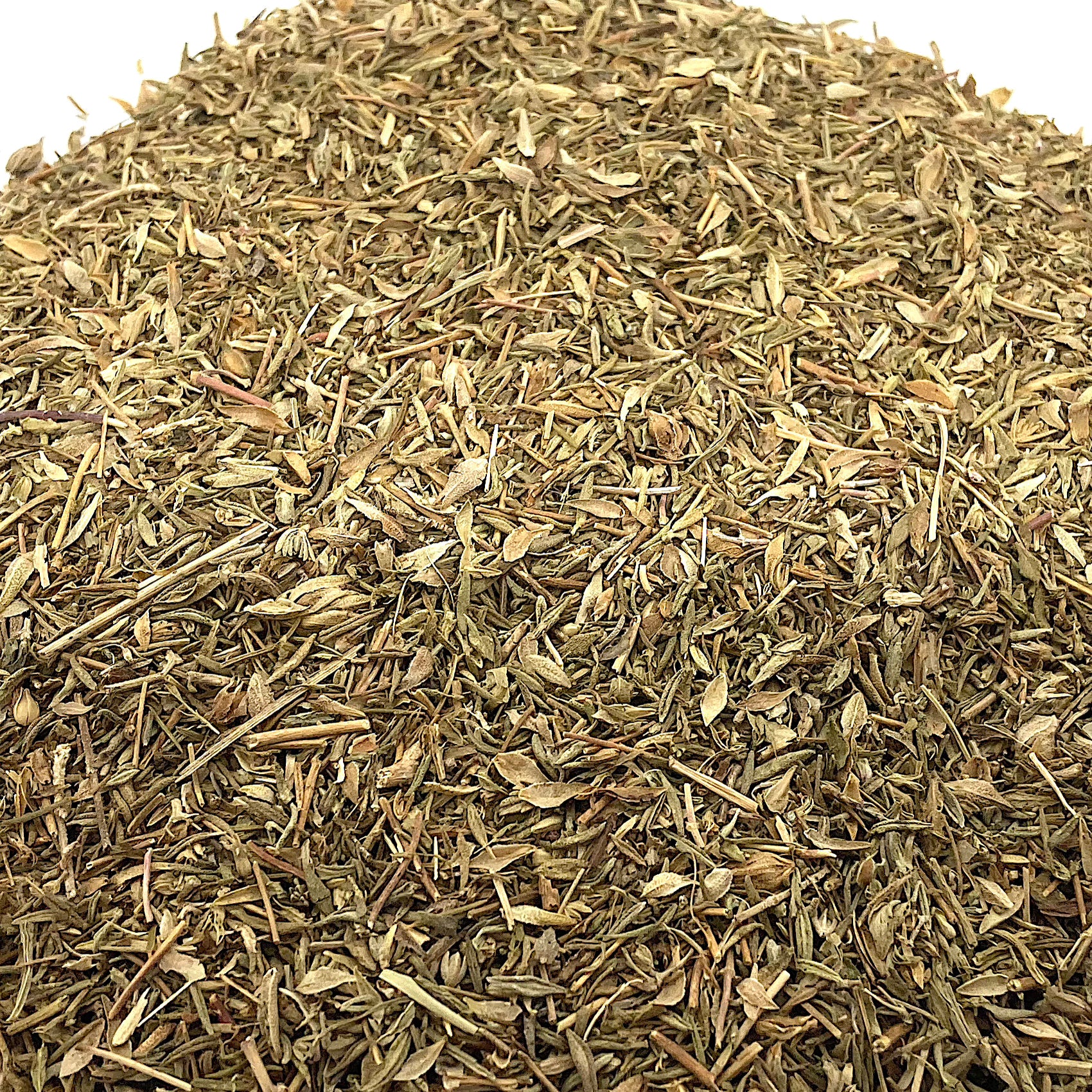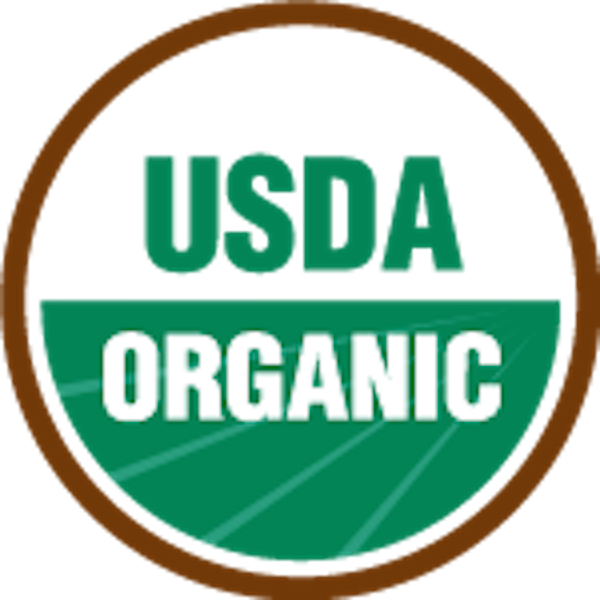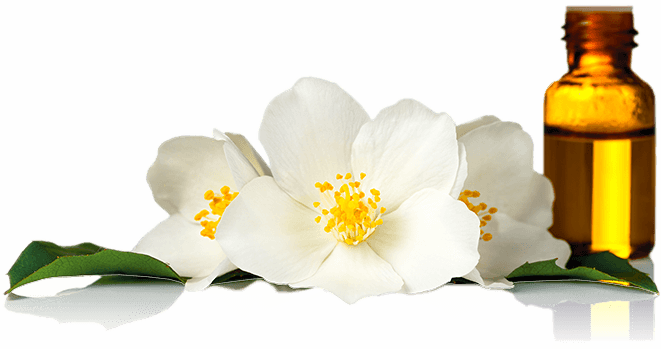Description
Thyme (Thymus vulgaris), Whole, Certified Organic
Common names: Common Thyme, Serpyllum, Tomillo, Abara, Ayak, Cotor, Frigola, Hasha, Hung Tay, Co Xa Huong, Bagichi, Athonda, Turkantin, Urtsi, Pebrella, Bai Li Xiang, Kuttlekraut, Qoranit, Ajavayan, Zabur
Family: Lamiaceae
Thyme, native to Mediterranean regions of southern Europe and northern Africa, is a small evergreen perennial shrub, growing 6 to 12 inches tall. It prefers warm, sunny locations and well-drained soil.
A popular culinary spice, Thyme’s flavor has been described as “slightly spicier than Oregano and sweeter than Sage.” Its medicinal use goes back at least 5,000 years, to the Sumerians; it was used by the ancient Egyptians in embalming, and by the ancient Greeks as an incense and bath herb. Its essential oil contains as much as 50% thymol, a well-known antiseptic terpenoid used in many products such as mouthwash, along with other aromatic compounds. The herb also contains active flavonoids, tannins, and resins.
Herbalists note Thyme’s benefits for the nasal passages, throat, and lungs, fighting bacteria and viruses, clearing congestion, and easing spasms and coughs in colds, flus, bronchitis, pertussis, allergies, and asthma; for the digestive system, settling gastritis and flatulence, and killing intestinal worms; and for the urinary tract, as an antiseptic and diuretic for cystitis and urethritis. Thyme’s antispasmodic action makes it helpful for menstrual cramps, and the herb is known as an emmenagogue, bringing on delayed menses. A Thyme infusion can be applied externally to wounds, yeast infections, or athlete’s foot.
Cautions recorded elsewhere about extended use of Thyme may reflect experiences with concentrated thymol products or essential oil. A study on water extracts notes “the use of Thyme infusion and decoction, by both internal and external use, at recommended doses, is safe and no adverse reactions have been described.” Medicinal doses of Thyme should be avoided during pregnancy and nursing.
*These statements have not been evaluated by the FDA. These products are not intended to diagnose, treat, cure, or prevent any disease.









